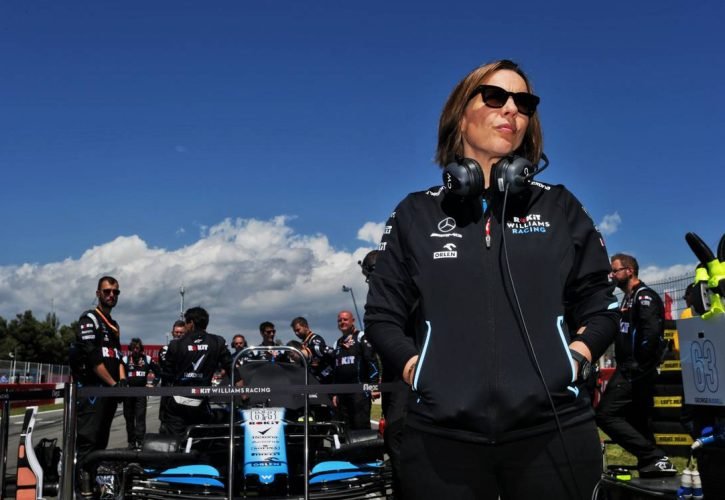Claire Williams, former deputy team principal of Williams Racing, has reignited a critical discussion on the underrepresentation of women in Formula 1’s executive hierarchy. Despite her pioneering role from 2013 to 2020—being one of only two women to ever lead an F1 team—Williams expressed dismay at the sport’s continued gender imbalance in leadership. Her remarks reflect a broader frustration with the systemic inertia that continues to keep women on the periphery of power in one of the world’s most elite motorsports arenas.
Speaking candidly on the Beyond the Grid podcast, Williams dismantled the myth that the absence of women in F1 team leadership is due to a lack of qualified candidates. “It’s certainly not because there aren’t capable women,” she insisted, noting the irony in people questioning whether women can manage an F1 team. Williams emphasized that the pipeline is not empty—talent exists—but structural inertia, cultural perceptions, and perhaps unconscious bias continue to act as barriers. Her message was clear: the issue is not about capability, but opportunity.
Williams highlighted how the sport remains overwhelmingly male-dominated, from drivers to top-tier executives. Despite active campaigns to boost female participation—especially among drivers—she noted the neglect of efforts to promote women into administrative and leadership roles. She stressed the symbolic power of visibility, lamenting the fact that even today, viewers are greeted by a largely homogenous field of male figures when they tune into a Grand Prix weekend.
Nevertheless, Williams offered a measured optimism rooted in long-term change. She applauded the groundwork laid over the past decade by initiatives like the F1 Academy, led by Susie Wolff, designed to elevate young female talent. Williams pointed out that real transformation takes time, and that the fruits of such programs may only become visible after a generation matures. She remains hopeful that the rising interest among teenage girls could eventually translate into a stronger presence in the sport’s executive corridors.
Ultimately, Williams’ legacy may not rest solely on her time running a Formula 1 team, but on her advocacy for a more inclusive future. Her latest appeal is a call to action for the sport to ensure its leadership reflects its global and diverse fanbase. For Formula 1 to truly evolve, the quest for speed must be matched by a drive for equality—both on the track and in the boardroom.
